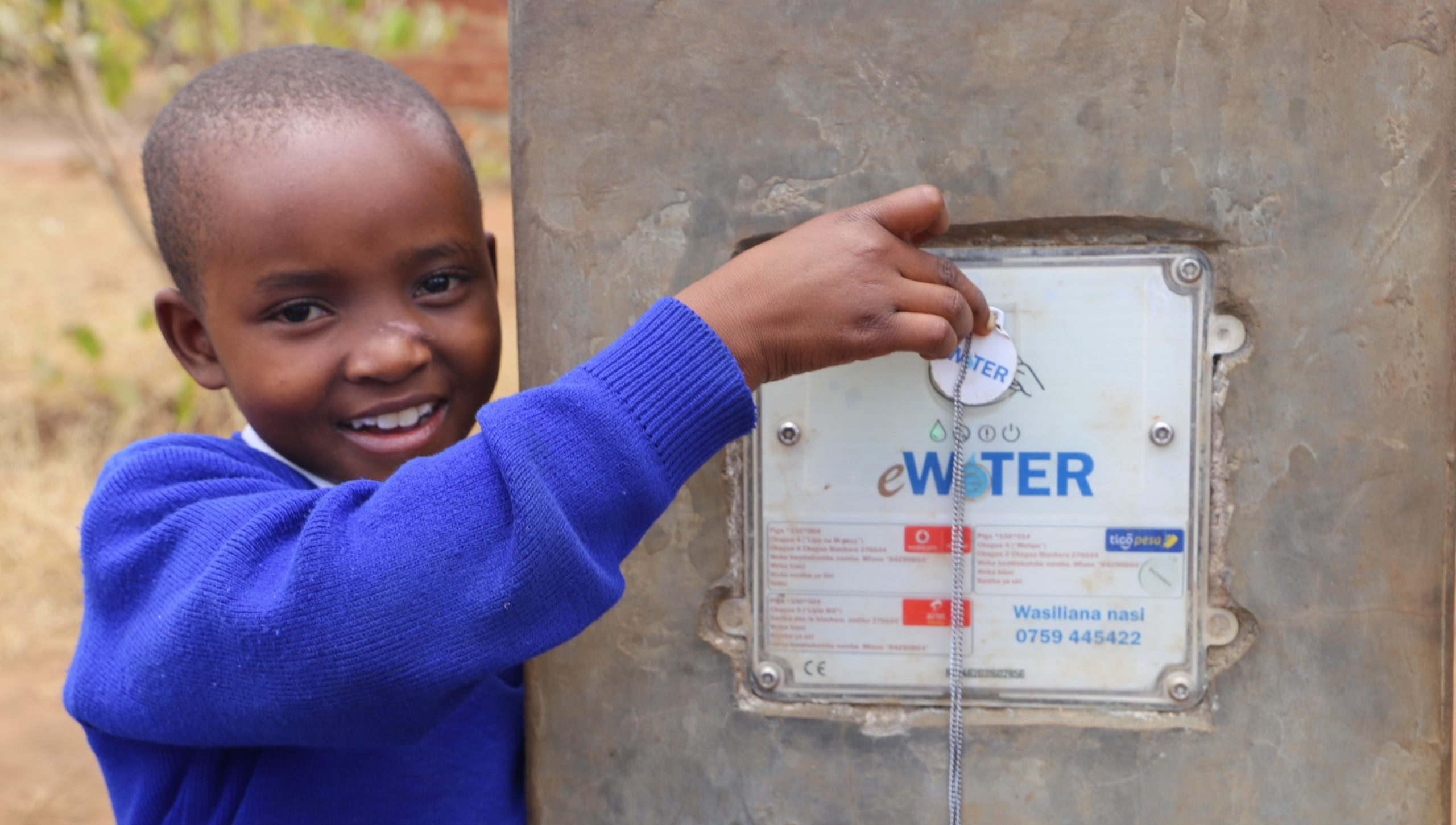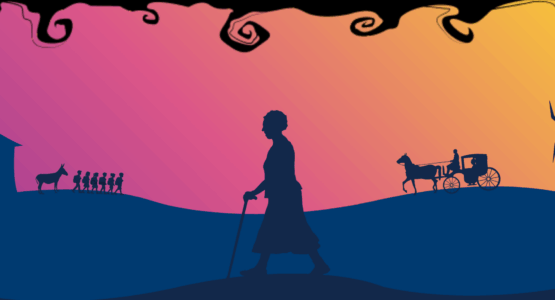Alison Wedgwood (1992) is co-founder and CEO of eWATER Services, a company providing access to clean, sustainable water across Africa. The company charges for water using an affordable pay-as-you-go model and the revenue collected allows for water systems to be maintained and repaired quickly and efficiently. Earlier this month Alison was invited to COP26 to demonstrate how eWATER Services can help fight water scarcity and reduce water wastage.
Idealist aid worker to angry non-conformist
Maybe it was St John’s College’s fault that I ended up immersed in a water tech start-up, disrupting the aid model, getting paid zilch and investing thousands of pounds to deliver clean water to a million people in Africa… My tutor, the wonderful Dr Linehan, supported my application for a St John’s College Brasher Grant which funded a climbing expedition to Mount Kenya and the Ruwenzori mountain range on the border of Uganda and The Congo. This was back in 1993 and that three month trip catalysed a passion for Africa that has never subsided.
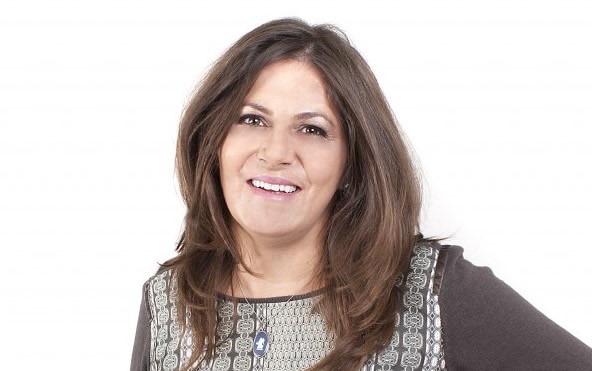
After a stint at the environmental consultancy ERM, I got into the Department for International Development (DFID) and was posted to India. I spent two years working as a water and sanitation economist on huge UK aid programmes in Lucknow, Mumbai and Karnataka. I then worked for UNICEF, the World Bank and various NGOs in many African countries.
As a naïve, idealistic aid worker, I felt really important handing out UK aid money to water supply programmes, workshopping right-on rules about gender and judging outputs of UK aid programmes. In reality, these aid programmes were really pandering to social development experts in Whitehall, and had no chance of surviving the harsh realities of the dust, heat and culture overseas. All this was done between cold beers in luxury hotels and playing tennis on the British Embassy tennis courts in New Delhi. It was a strange time and the journey from naïve, idealist aid worker to angry non-conformist took a while.
93% of people living in sub Saharan Africa have access to a mobile phone, but 2,300 people still die every day from water borne diseases.
Over the years I gradually realised that most of the aid programmes I’d worked on had totally and utterly failed and, more importantly, this is still happening. A 2020 review of British aid spending in Tanzania revealed that only 33% of the water points installed in a £65 million programme over the previous five years were functional and the other 67% were not. This is the truth that you won’t see on a Water Aid website or advert on Sky TV begging for donations.
In 2015 I was sitting in the Sheraton in the Gambia and met tech-genius Rob Hygate who shared my frustrations and said that we needed to design a leapfrog technology for water supply, just like M-Pesa’s mobile money had done for commerce in Kenya.
It’s incredible to think that 93% of people living in sub Saharan Africa have access to a mobile phone, but 2,300 people still die every day from water borne diseases. Why is that? The underlying cause is complex, but comes down to how the aid world has dictated that water programmes should run and because water is often free – there is no revenue to pay for operations and maintenance. There simply is no maintenance and so right now 40% of all new water systems break after two years and stay broken leaving girls and women to haul water miles each day from dirty wells and rivers. The truth is that keeping water systems going takes money and professional technical support. Handing them over to a “local water committee” or the “community” might sound nice on a large charity’s web site, but it actually doesn’t work, and when they break they stay broken.
Founding eWATER Services
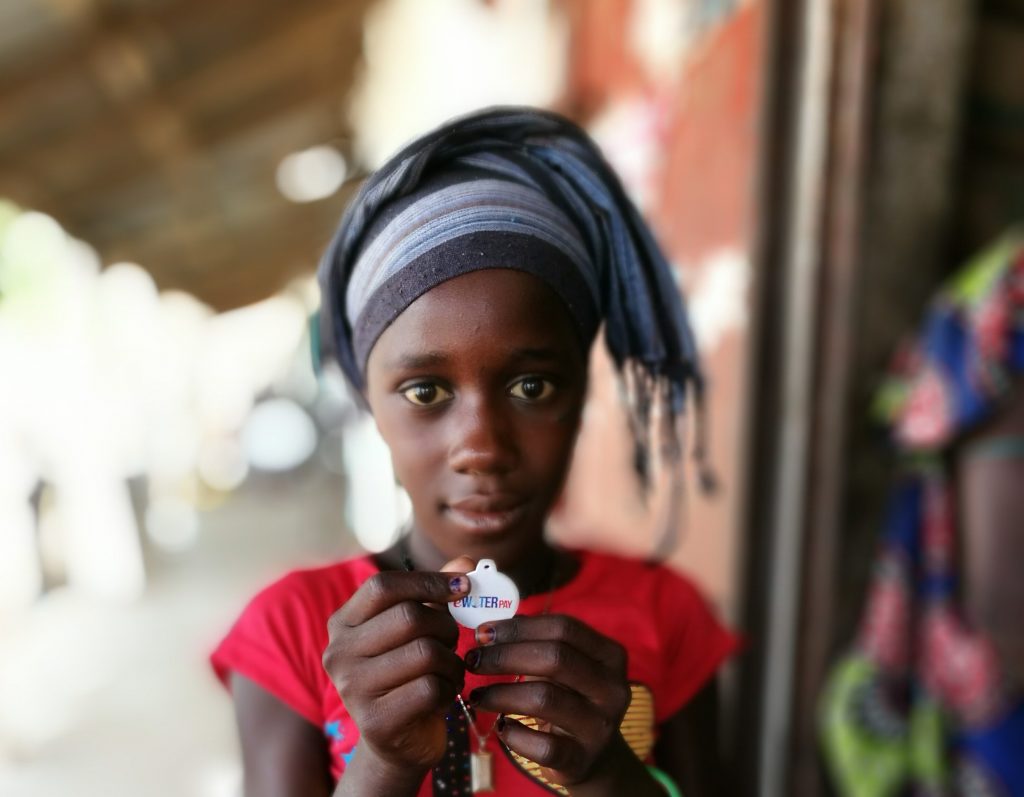
So we started eWATER.services and designed the eWATER Smart Tap. People buy water credit using their mobile phone, or from a local shop keeper, or relatives can buy credit and put it on their granny’s water tag. When the water tag touches the Smart Tap water is dispensed and credit is deducted through eWATER’s own cloud credit exchange. Local eWATER staff run everything, the money is used by our local technicians to ensure pipes don’t leak, the solar panels are cleaned and major repairs are done quickly. Every transaction is recorded on our own blockchain ledger, so if someone pays for just 0.1 pence of water the flow of revenue can be public and verifiable; this means every penny is accounted for and the eWATER care monitoring dashboard is connected to the internet through just 1G or 2G phone signal, and gives live updates on usage and system functionality.

Our eWATER Smart Village includes sensors in the water tanks to detect leakage and sensors in each tap to detect low flows and solar faults so repairs are done quickly. Each £7,500 Smart Tap installed will serve 250 people, allow 11 girls to go to school, cut water wastage by 150,000 litres, employ local skilled technicians and collect enough revenue to cover operation and maintenance forever.
Attending COP26
We were invited to COP26 and inside the buzzing halls there was a feeling that most large corporations will genuinely work towards net zero in their businesses, including, crucially, their supply chains. But it’s going to be a hard slog.
Interestingly, water wastage and shortages were identified as a huge problem because climate change will exacerbate droughts and water shortages in the world’s fastest growing continent causing even more deaths. One of the fundamental benefits of eWATER.services’ approach is that putting a price on water, no matter how small, makes people value the water. When anything is free it is wasted, that is human nature – if you ever go on an all-inclusive holiday I guarantee you’ll leave an unfinished beer on the table without a second thought! We’ve observed that in the 127 villages we work in water wastage has decreased by 99%. This proved to be an incredibly important narrative when pitching to the CEOs of various UK water companies. Also, each eWATER Smart Tap installed will save 125 tonnes of carbon per year because people won’t need to cut down trees to boil water. This will be increasingly appealing for corporations seeking to buy carbon offset because we have verifiable data on each household and how much water they use, with GPS locations proving the offset.
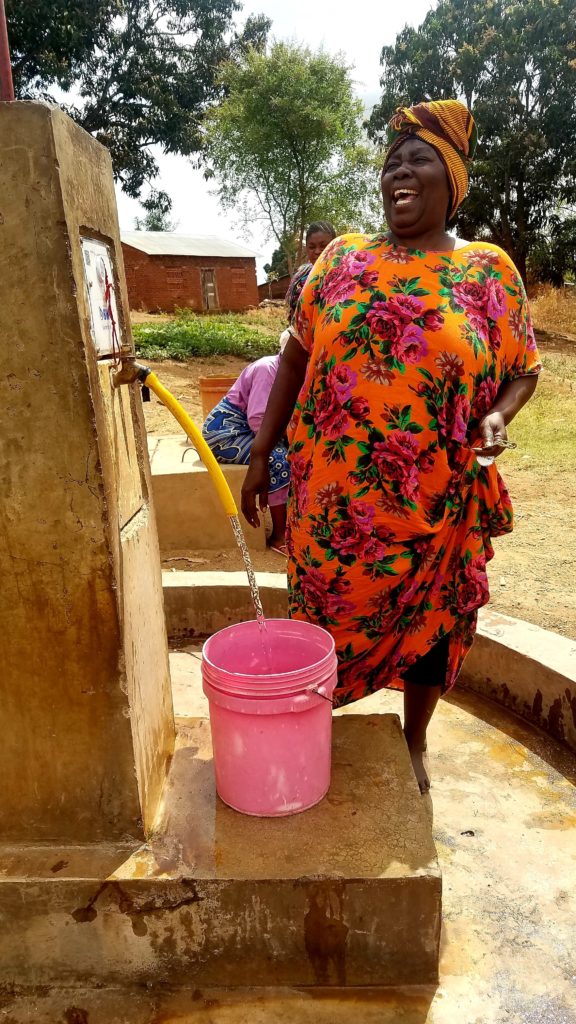
Right now, we’ve got 190,000 consumers in Tanzania, Ghana and Gambia purchasing water for $7 per person per year. We are installing one new village a month and this week we hit 500 million litres of water dispensed, tracked and paid for. We will expand to 1 million customers by 2024 but there are 500 million people in Africa alone without access to clean water and the population is growing at 5% a year. To have a larger systematic impact will require a fundamental shift from a charity aid, “community delivery” model to a market based approach where people are happy to pay for a professional service that delivers clean water, close to their home, 24/7.
You can find out more about eWATER services by visiting the website: https://www.ewater.services

